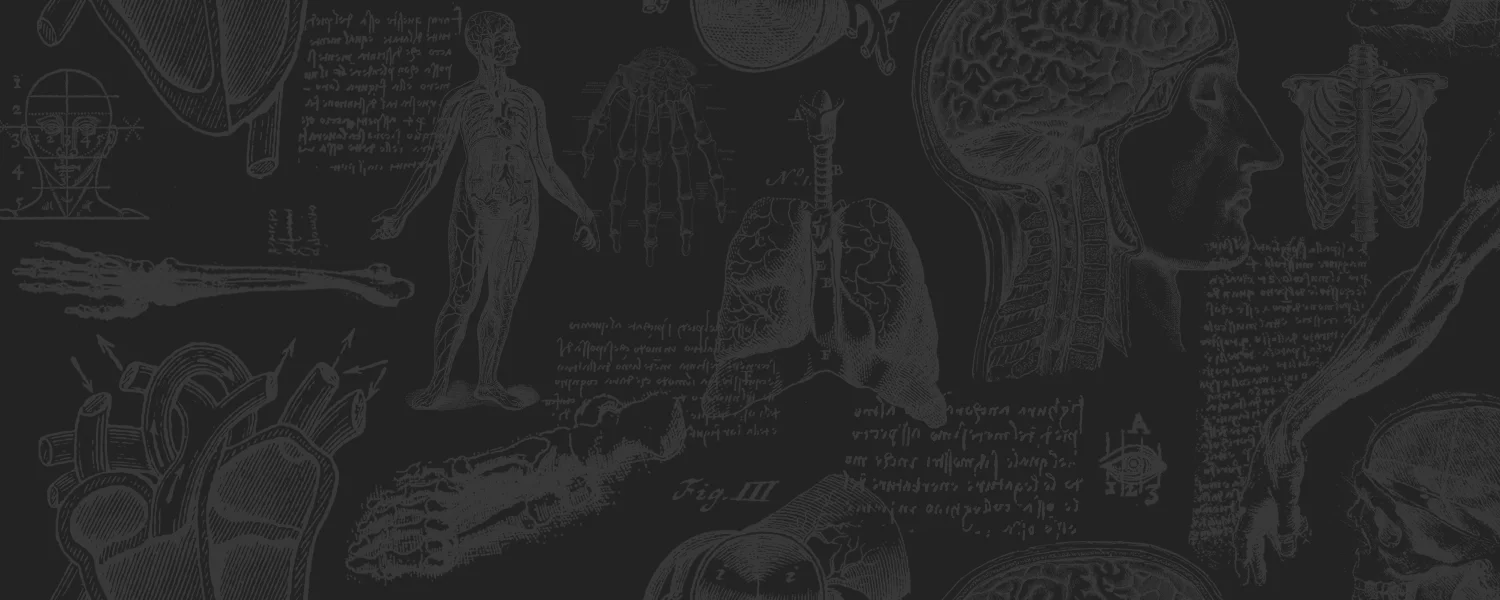Research
Research in the Aging Lab uses a range of complementary methodological approaches (e.g., laboratory-based experiments, intensive longitudinal studies, national surveys) to study developmental, social, and health processes in adults. Current topics of interest include:
Well-Being And Flourishing
In all languages of the world there are words used to describe positive aspects of human functioning in which people differ. These aspects of positive human health have been referred to with the terms well-being and flourishing. Accumulating evidence indicates that the phenomenon broadly construed as human flourishing is multidimensional. These dimensions appear to be positively correlated, but no unifying principle (such as the principle that unites different forms of energy—kinetic, heat, chemical, etc.) has been established that unites different forms of flourishing.
Research in our lab distinguishes three aspects of human well-being or flourishing: evaluative well-being (or life satisfaction), hedonic well-being (feelings of happiness and sadness), and eudaimonic well-being (sense of purpose and personal growth). Ongoing work explores the patterning of well-being across ages, the association between well-being and sustained health at older ages, and the major determinants and prominent pathways to human flourishing in adulthood and later life.
Resilience in Aging
Resilience has numerous meanings in prior research, but generally refers to the ability of individuals and communities to adapt successfully in the face of adversity, and is manifested by sustainability and recovery of well-being and physiological homeostasis. Both the child and adult literatures on resilience emphasize the importance of protective mechanisms that could buffet individuals against the negative consequences of stressful life experiences.
A major research concentration of our lab involves exploring how various life adversities influence well-being and health at older ages. A central feature of this research is the tracking of naturally occurring life challenges and their accumulation over time. Studies have elaborated how everyday life events, normative life transitions, chronic or enduring hardships, and non-normative life experiences are linked to various aspects of psychological functioning in adulthood and later life.
Psychobiology of Health and Disease
Changes in physiological functioning pervade the aging process. Gradual declines in fundamental aspects of physical health contribute to premature aging of cells and tissues throughout the body and shorter life expectancy. Notably, alterations in physiological processes are not invariant with age, but are influenced by individual differences in vulnerability and resilience that accrue across the lifespan.
The purpose of this program is to understand the biological processes through which sociodemographic and psychosocial factors influence biological aging. It involves laboratory studies of the influence of psychosocial factors on cardiovascular, neuroendocrine and immune function and naturalistic studies of blood pressure and cortisol during everyday life.
Selective Publications
Ong, A. D., Cintron, D. W., & Fuligni, G. (2024). Engagement with nature and proinflammatory biology. Brain Behavior and Immunity, 119, 51-55. pdf
Hobbs, W. R. & Ong, A. D. (2023). For living well, behaviors and circumstances matter just as much as psychological traits. Proceedings of the National Academy of Sciences, 120, 1-12. pdf
Ong, A. D., & Leger, K. (2022). Advancing the study of resilience to daily stressors. Perspectives on Psychological Science, 17, 1591-1603. pdf
Ong, A. D., & Steptoe, A. (2020). Association of positive affect instability with all-cause mortality in older adults in England. JAMA Network Open. doi:10.1001/jamanetworkopen.2020.7725, pdf
Benson, L., Ram, N., Almeida, D., Zautra, A., & Ong, A. D. (2018). Fusing biodiversity metrics into investigations of daily life: Illustrations and recommendations with emodiversity. Journal of Gerontology: Psychological Sciences, 73, 74-86. pdf
Ong, A. D., & Ram, N. (2017). Fragile and enduring positive affect: Implications for adaptive aging. Gerontology, 63, 263-269. pdf
Ong, A. D., Fuller-Rowell, T., Bonanno, G. A., & Almeida, D. (2011). Spousal loss predicts alterations in diurnal cortisol activity through prospective changes in positive emotion. Health Psychology, 30, 220-227. pdf
Ong, A. D., Mroczek, D. K., & Riffin, C. (2011). The health significance of positive emotions in adulthood and later life. Social and Personality Psychology Compass, 5, 538-551. pdf
Ong, A. D., Fuller-Rowell, T., & Bonanno, G. A. (2010). Prospective predictors of positive emotions following spousal loss. Psychology and Aging, 25, 653-660. pdf
Ong, A. D., Zautra, A. J., & Reid, M. C. (2010). Psychological resilience predicts decreases in pain catastrophizing through positive emotions. Psychology and Aging, 25, 516-523. pdf
Ong, A. D., Bergeman, C. S., & Boker, S. M. (2009). Resilience comes of age: Defining features in later adulthood. Journal of Personality, 77, 1777-1804. pdf
Ong, A. D., & Bergeman, C. S. (2004). The complexity of emotions in later life. Journal of Gerontology: Psychological Sciences, 59B, P55-60. pdf
Collaborators
Nilam Ram, Stanford University
Daniel Mroczek, Northwestern University
David Almeida, The Pennsylvania State University
Carrington Reid, Weill Cornell Medical College
C. S. Bergeman, University of Notre Dame

